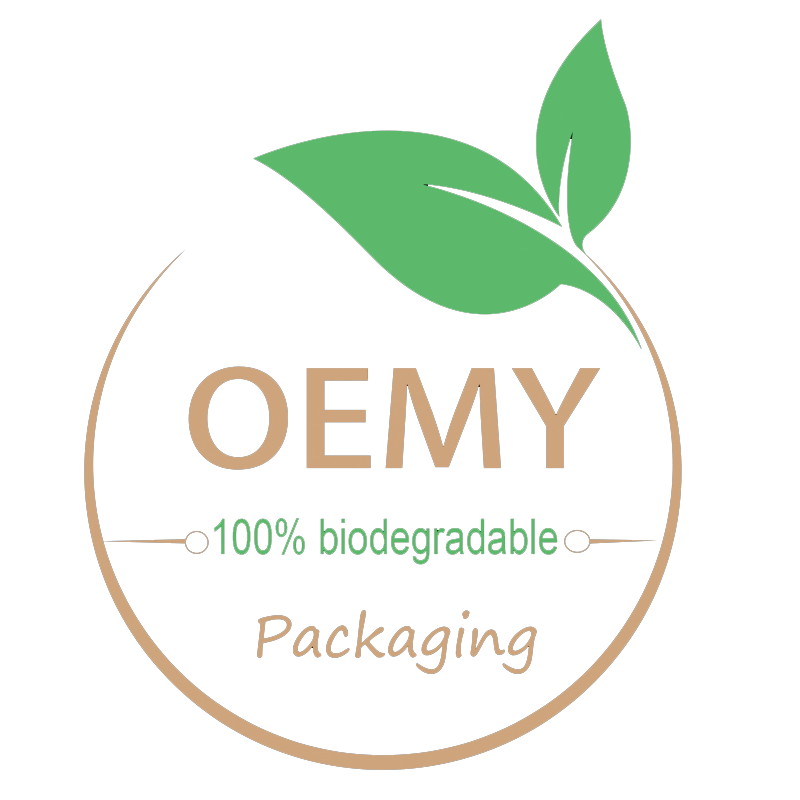NEWS
In today's eco-conscious world, terms like compostable materials and 100% compostable products are gaining traction. But what do they really mean? Simply put, a product labeled as 100% compostable breaks down completely into natural elements under specific conditions, leaving no toxic residue. Unlike biodegradable vs compostable items, which may leave microplastics, compostable products return to the earth safely.
Compostable vs. Biodegradable: Key Differences
While both biodegradable and compostable plastics degrade over time, their environmental impact varies:
Biodegradable: Breaks down naturally but may take years and leave harmful fragments.
Certified compostable: Meets strict standards (e.g., ASTM D6400) to decompose within months in composting facilities.
Types of Composting: Home vs. Industrial
Home compostable products break down in backyard bins, while industrial composting requires high temperatures. Always check labels to ensure proper disposal.
Benefits of Compostable Packaging
Eco-friendly packaging made from sustainable materials like PLA (cornstarch-based plastic) reduces landfill waste and supports a circular economy. Brands adopting zero waste products often prioritize compostable options.
How to Identify Truly Compostable Products
Look for certifications like BPI or OK Compost. Avoid "greenwashing" by verifying claims with third-party seals.
The Future of Compostable Materials
As demand grows, innovations in compostable plastics and plant-based alternatives are accelerating. Consumers and businesses alike can drive change by choosing certified options.
Awesome! Share to:
Related Posts
- ◉ Is Your Coffee Packaging Preserving Flavor as Well as It Could?
- ◉ What Technical Evaluators Need to Know About 3D Packaging
- ◉ How to Choose Between Stand-Up Pouches and Traditional Packaging
- ◉ The Pet Economy Demands Better Packaging - Here's What's Changing
- ◉ Coffee Packaging Preservation Technology That Extends Freshness
Get in Touch
*We respect your confidentiality and all information are protected.
